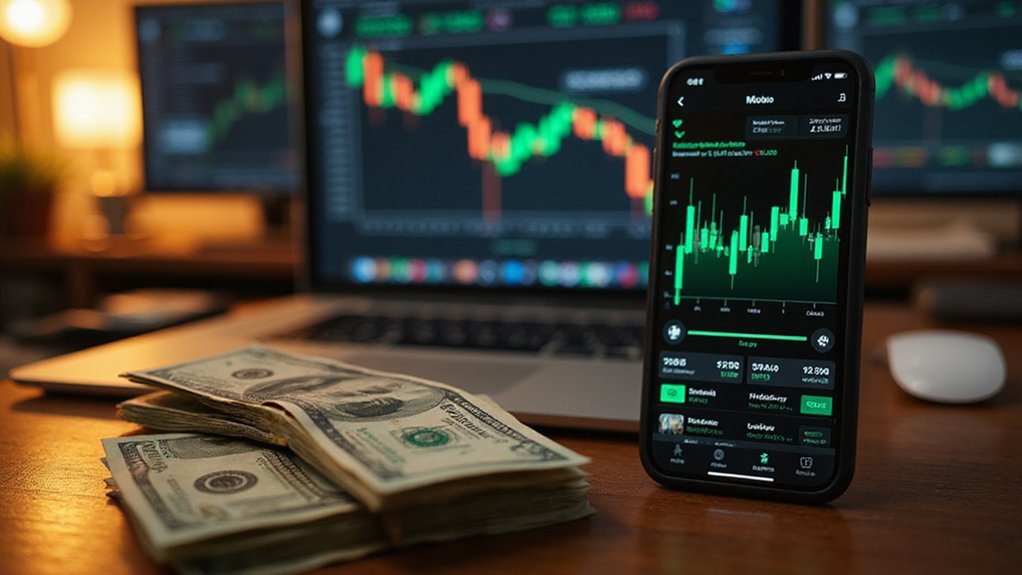While most market observers have grown accustomed to the peculiar ways in which twenty-first-century capitalism intersects with social media theatrics, the escalating feud between Donald Trump and Elon Musk has managed to achieve something remarkably prosaic: genuine market turmoil that extends far beyond the usual Twitter-induced volatility.
Tesla’s stock price has borne the brunt of this digital pugilism, experiencing precipitous declines that have erased nearly $1 billion in market capitalization—a figure that would have seemed fantastical in previous decades but now represents merely another Tuesday in our attention-economy marketplace.
The company’s shares, heavily concentrated among retail investors who treat stock ownership with the fervor typically reserved for sports franchises, have amplified every rhetorical jab between the two titans.
What renders this particular spat economically consequential is its timing within a broader market environment already primed for correction.
Analysts are forecasting a potential 5-10% market adjustment, with Tesla and similar momentum stocks like Palantir serving as likely catalysts for broader decline.
The retail investor phenomenon—wherein individual traders collectively wield institutional-level influence—transforms what might otherwise be manageable corporate drama into systemic risk.
The feud’s ripple effects extend beyond Tesla’s immediate ecosystem, influencing other retail-favored equities and contributing to heightened volatility across technology sectors.
Historical precedent suggests that momentum crashes often originate from precisely these types of high-profile stock declines, where emotional investment (both literal and figurative) supersedes fundamental analysis.
Market sensitivity to such conflicts reflects our current economic recovery’s fragile underpinnings, where investor confidence remains susceptible to disruption from unexpected quarters. Adding to the underlying instability, recent economic indicators show an ADP jobs report that fell drastically short of expectations, reporting only 37,000 new positions against forecasts of 110,000.
The extensive media coverage surrounding their public discord has only intensified market reactions, creating feedback loops between social media engagement and trading activity.
Perhaps most tellingly, this episode illustrates how political tensions now directly manifest as economic indicators, with regulatory environments and policy debates becoming inseparable from market performance.
While many analysts dismiss the feud as mere spectacle, its measurable impact on investor sentiment and capital allocation suggests that in contemporary markets, the distinction between entertainment and economics has become increasingly academic—a development that would likely amuse Adam Smith, though probably not for reasons he might have anticipated. Complicating matters further, Musk’s substantial cryptocurrency holdings including Bitcoin, Ethereum, and Dogecoin remain subject to additional volatility as his public statements continue to influence digital asset markets.







